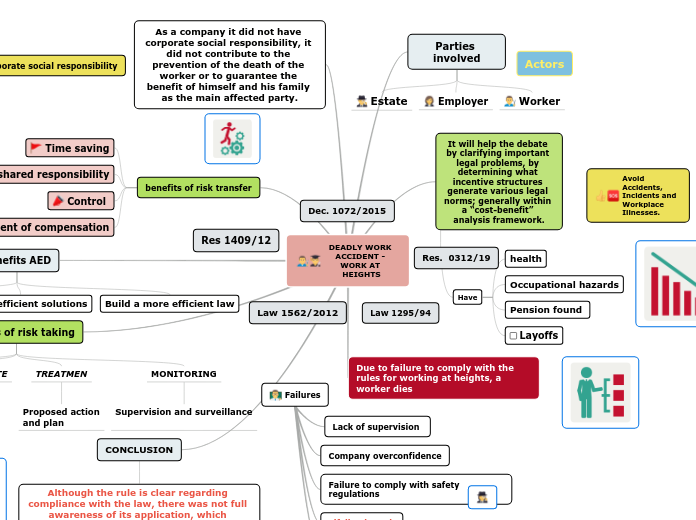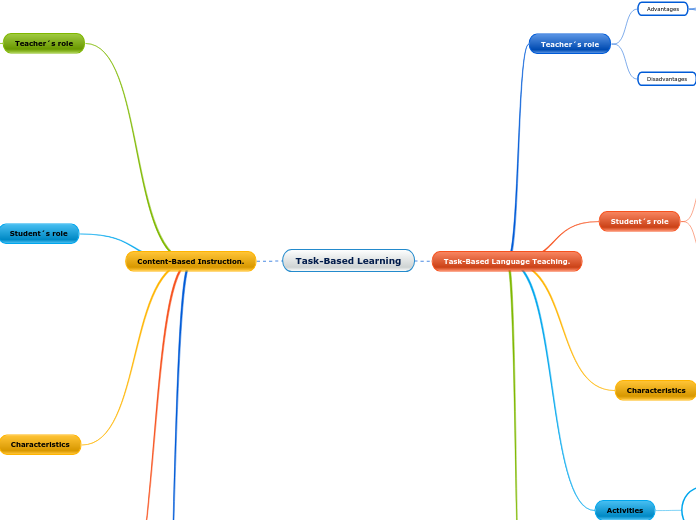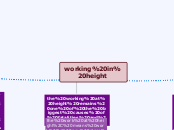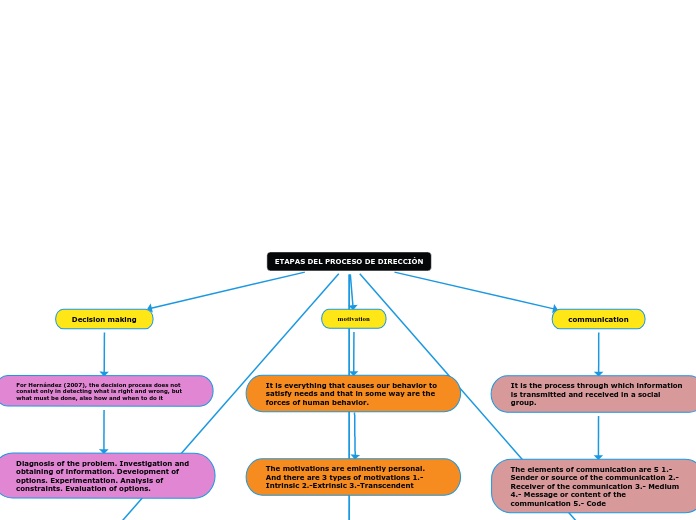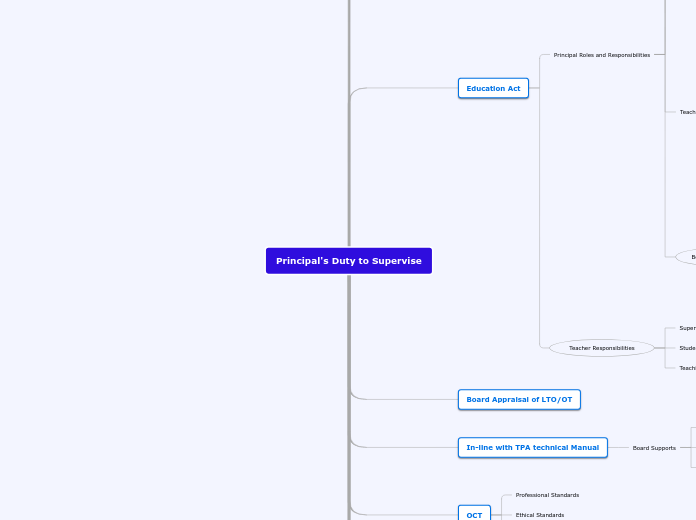realizată de jorge aldemar peña diaz 1 an în urmă
205
DEADLY WORK ACCIDENT - WORK AT HEIGHTS
En un incidente mortal de trabajo en alturas, se aborda la falta de cumplimiento de las normas de seguridad por parte de una empresa. La negligencia y la sobreconfianza empresarial, junto con la falta de supervisión adecuada, resultaron en la muerte de un trabajador.
